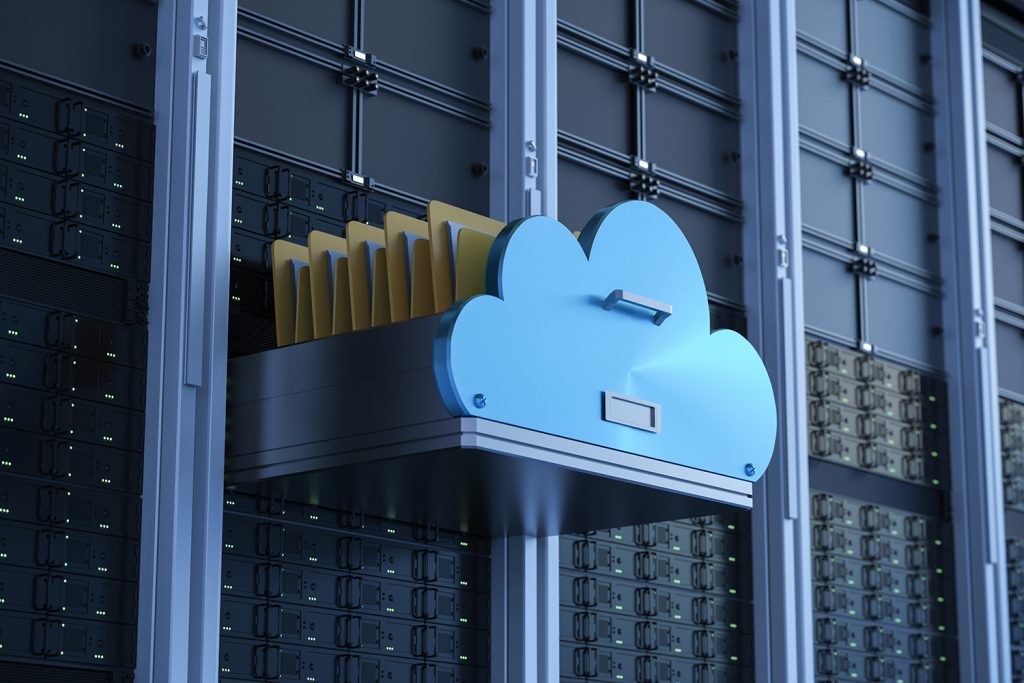Are you tired of nagging IT teams telling you to back up your data? Are you waiting for another backup to go through? Are you wondering if the delay is even worth it? We assure you that data backups are critically important to businesses today. Those minutes of waiting and preparation are worth avoiding days of downtime later on.
As a professional IT company, we want to clarify the risks of not backing up data in the digital age, from full backups to incremental. A fully thought-out backup plan will protect your business from the most common risks and disadvantages – data loss and business closures. We can help you create strategies to protect and maintain your customer trust.
What Is A Data Backup?
You might think backups are simple, but some nuances can help you run your backups more efficiently and effectively! A backup is a second copy of something you can use if your original version is corrupted, lost, or destroyed. Backups aren’t complicated on their face, but there are three different approaches to data backups that each provide diverse benefits and drawbacks:
Full/Complete Backups
A full backup simply creates a copy of all your business’s data and sets it aside for emergencies. This prevents any potential gaps or missing notes, but it can take a long time to upload all of that information, and it takes a large amount of storage space, which can be very inefficient.
Incremental Backups
Incremental backups only create backups of data that has been modified since the last full backup. This type of backup requires much less data, energy, and time but is less useful during a full backup restoration. Because this stores many smaller backups, each copy needs to be restored individually.
Differential Backups
A differential backup is similar to an incremental backup but is done in larger ‘chunks’ that are easier to restore in case of failure. These backups update anything that has changed since the last differential backup. However, because these backups’ chain together,’ errors can cause larger headaches.
Depending on your business needs, each can help mitigate the disadvantages of not backing up data in its own way. Each backup style can provide you with safety and security throughout the year. You may find that your business actually needs a mixture of backup methods; perhaps client or customer data needs to be fully backed up once a month, while your internal processes find incremental backups more suitable. Whatever the need, a professional IT team can help you manage your data backup needs.
What Are the Risks of Not Backing Up Data

Data backups are critical to your disaster recovery because your data is important to your day-to-day business. Some of the most important disadvantages of not backup up data include:
Ransomware
Ransomware is a cybercrime in which a hacker gains control over your system and then holds it for ransom, refusing to release it without payment. This common cybercrime is easily side-stepped by using a backup to restore your system and ensure your security is double-checked. Without a backup, you could be out thousands of dollars – or even lose your business data!
User Error
Accidental deletion or corruption of files is far more common than people like to admit, but it is rarely something to note. However, sometimes, a simple mistake can cascade into a massive disaster that requires countless man-hours to fix. When not backing up data, consequences can come out of the most surprising of moments.
Disgruntled Employees
When an employee is unhappy or in the process of being removed, there is often a window where they may inflict damage on your business. They might steal, delete, or alter data if their access is not removed quickly. Data backups, particularly incremental data backups, can allow you to maintain data integrity throughout changes.
Natural Disasters
No matter where you live, you likely know the dangers of natural forces. Wildfires, tornados, earthquakes, and more natural disasters are not only dangerous to your health but also to your business. If your office burns down or any other damage occurs, having a backup ensures that your rebuilding process is fast and efficient.
System Failures
Sometimes, computers just stop working. Until we develop some groundbreaking technology, the risk of system failure will never be zero. With backup strategies, downtime from data loss can be easily and effectively prevented.
How to Ensure Effective Backups
There is no 100% effective backup strategy or method, but modern IT technologies and suggestions can bring you as close to assured as possible. Today’s rule of thumb is always to have three copies of your data: your production/live copy you use for work and two backup copies you save in different formats.
Today’s most popular backup strategy is to lean on cloud computing and storage for your backup needs. Cloud storage is a perfect method of data storage that can be incredibly secure, while cloud computing can help with data transfers during restoration. For your final method of data storage, physical storage such as internal or external hard drives can provide ample security.
Get an Expert Data Backup Strategy from PC Professional!
Now that you know the common risks of not backing up data, you can approach your data backup strategy more thoughtfully. While all the reasons above are excellent motivations to back up your business data, your backup plan will depend on your structures and processes.
When you work with an experienced IT service provider like us, you get custom support tailored to your needs and desires. You will receive comprehensive services ranging from backups to cybersecurity and managed IT support. We understand how businesses in the Bay Area experience unique challenges and difficulties, and we are committed to ensuring you have long-term peace of mind when you think of your business disaster planning.
Schedule a consultation with PC Professional today, and we will help you ensure data integrity and multiple fail-safes that will keep your business safe from the worst of the worst.

